If you are a regular reader of the blog, you may have read my articles on how to raise iron levels in children and the and the struggle I had with one of my children a few years ago.
The bottom line is that iron is essential to life. It contributes to the reduction of tiredness and fatigue and also plays an important role in normal energy metabolism, oxygen transport, cognitive function, immune function and formation of red blood cells and haemoglobin. We need it!
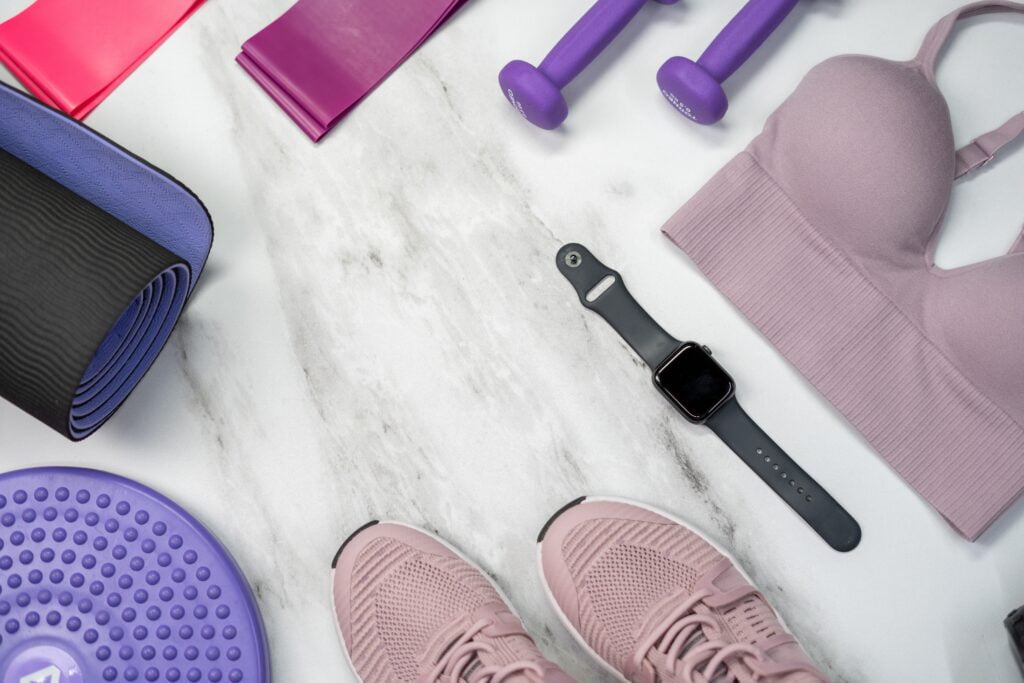
Sources of Iron
You can get iron from food, but depending on the type, it may not be absorbed well and it may not be sufficient to meet the needs of your body.
There are two types of iron found in the diet, non-haem and haem. Non-haem iron is found in plants, nuts and legumes. Heme iron, is found in animal products such as meat, especially red meat and is absorbed more easily by the body.
Even if you are making a real effort to get more haem iron into your body, daily habits like drinking tea and coffee after your meals can reduce iron absorption and reduce your iron intake.
Cooking and freezing meat can reduce heme iron content as well. Also, there are naturally occurring compounds in vegetables, and in milk and eggs that can prevent iron absorption. This was one of the issues with my son years ago. He was a milk monster, so any iron I was getting into him was being cancelled out by the milk he was drinking!
If you can’t get the iron you need into your body, iron supplements are a proven way to support this.
Active Iron
Ferrous sulfate (also spelled sulphate) is the most common form of iron in iron supplements. This is widly regarded as being the gold standard of iron supplements. However, this type of iron has been known to cause gut irritation in high doses. This is where Active Iron comes in. Alongside a team of scientists in Trinity College Dublin Active Iron has been developed, a new formulation that uses a denatured whey protein.
This ground-breaking formula ensures that iron is carried to the natural site of absorption in the small intestine, DMT-1, helping to reduce gut irritation from iron and the need for iron carriers such as Vitamin C. That is why Active Iron can be taken on an empty stomach. Genius!
So who needs additional iron the most?
Blood donors
I have been donating blood for several years now. I do think that if you can it’s something you should do. The main adverse effect of blood donation is iron loss. Donating blood removes iron from your body which is needed to help maintain strength and energy.
Iron requirements can increase to as much as 30mg per day of daily iron for up to 6 months post donation. Iron helps with red blood cell production and haemoglobin formation, which are essential to life and well being.
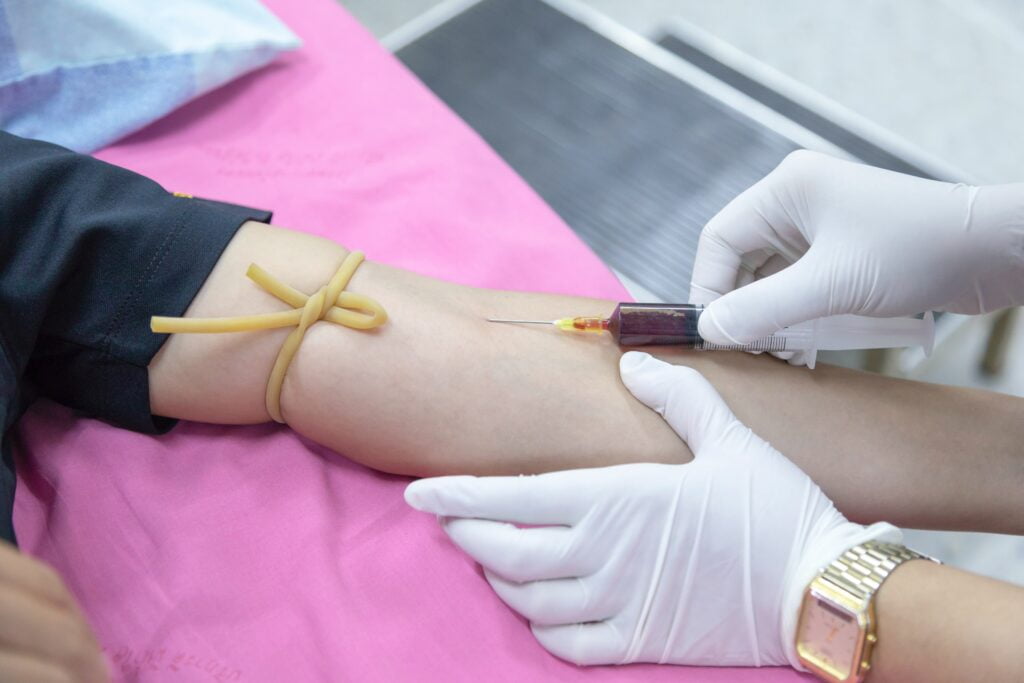
Blood donors may benefit from taking an iron supplement if they are unable to replenish their iron stores through diet alone.
Active people
Iron is used by the body’s muscles to help produce energy. Iron is required for formation of haemoglobin (blood) and myoglobin (muscles) for oxygen transport around the body and muscles cells. Maintaining optimal iron levels may result in increased aerobic capacity and all-round performance.
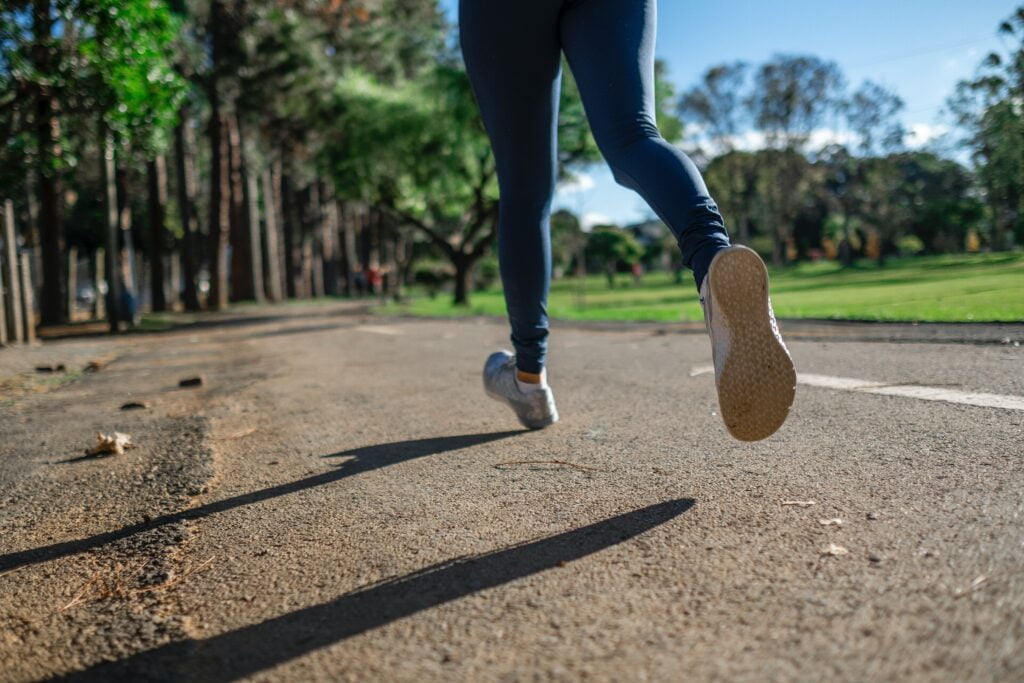
Athletes, especially those who enjoy endurance exercise (e.g. running, rowing machines, cycling, triathlons) need iron to maintain and support energy. Research has shown that reduced iron levels can impact VO2Max and work capacity.
In addition to oxygen transport in the blood, iron also contributes to the reduction of tiredness and fatigue, cognitive function, normal immune function and the formation of red blood cells and haemoglobin. Iron is important for exercise, but we also loose iron through exercise.
Pregnant women
There is an increased need for iron when pregnant. During this time, the amount of blood in your body increases by 30-50%. This increases the requirement for iron in your body as it’s needed to make hemoglobin, which carries oxygen to other cells in your body.
It is especially important during the second and third trimesters when dietary iron requirements can increase to as much as 30mg per day.
If you check out this dentist in ballston spa, they will also tell you how important iron is for a pregnant woman’s oral health. Pregnant women are more susceptible to tooth decay and periodontal diseases and, thus, need more iron to keep their teeth and gums healthy.
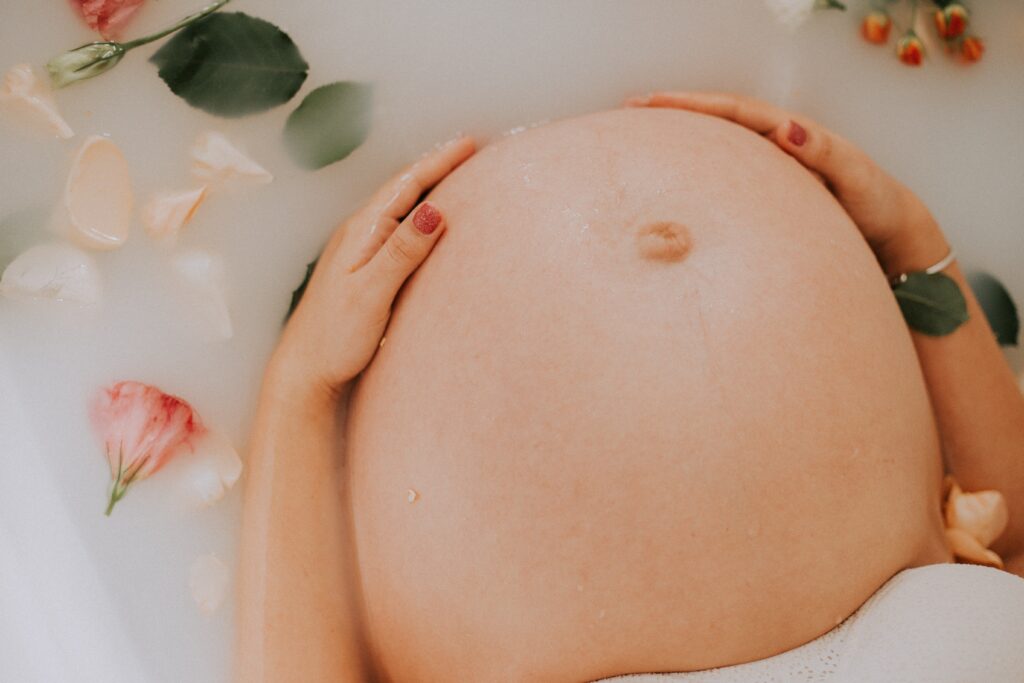
Women with heavy periods
Monthly periods are the most common cause of iron loss worldwide and research shows that women of childbearing age need up to x2 more daily iron than men. The average menstrual period lasts anywhere from two to five days. It is estimated that 220 to 250mg of iron per pint of blood is lost during menstruation.
Vegetarians
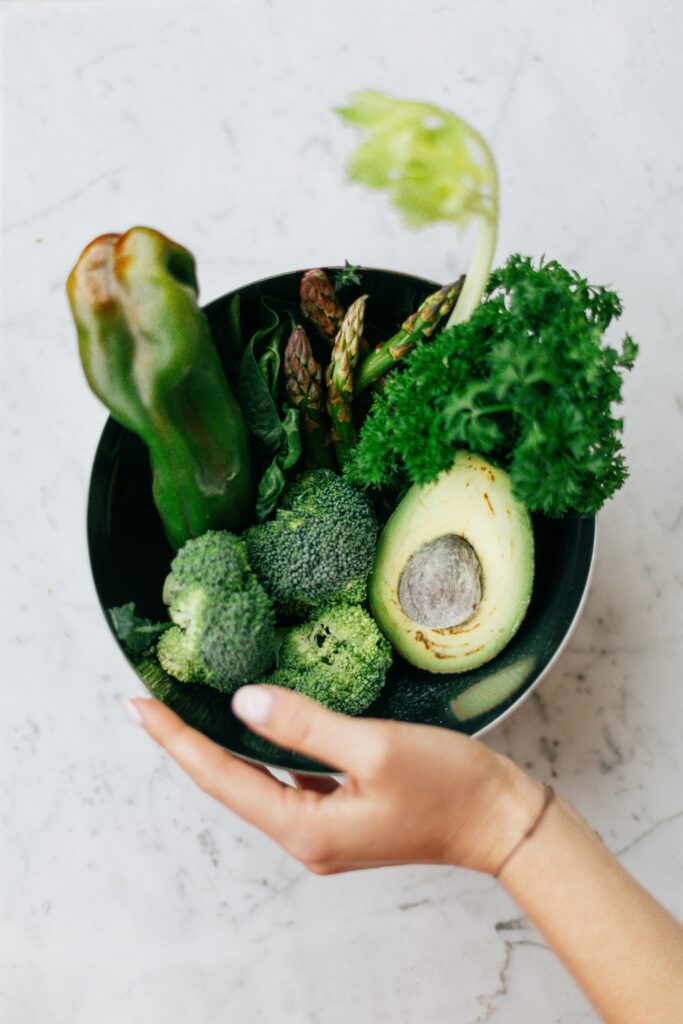
Although a vegetarian diet can be high in iron-rich foods, these plant-based (non-heme) sources of iron are poorly absorbed. This may be coupled with other potential absorption obstacles such as phytates in whole-grains and legumes or tannins in tea and coffee, which can bind iron and further reduce absorption.
Vegetarian food sources of iron include lentils, chickpeas, beans, tofu, cashew nuts, chia seeds, ground linseed, hemp seeds, pumpkin seeds, kale, dried apricots and figs, raisins, quinoa and fortified breakfast cereal – but these may not be enough.
Active Iron is very quickly absorbed into the body, which is hugely beneficial. You can purchase Active Iron here.


1 comment